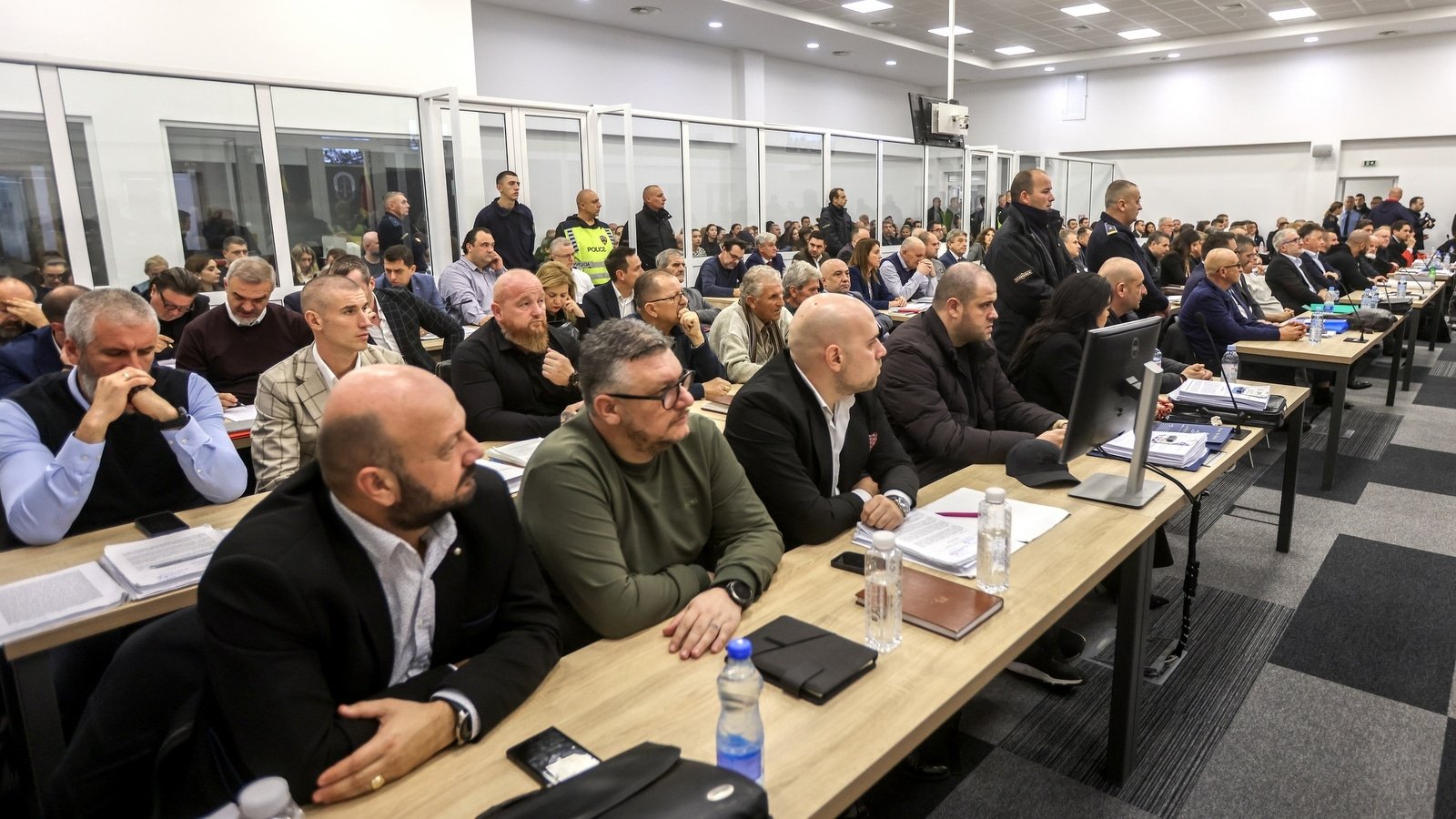News Flash
News Flash

SKOPJE, Republic of North Macedonia, Nov 19, 2025 (BSS/AFP) - A trial over one of Europe's deadliest nightclub fires opened in North Macedonia on Wednesday, with dozens expected to face court over the blaze that killed 63 earlier this year.
The fire at a hip-hop concert in the eastern town of Kocani on March 16 triggered a stampede in the overcrowded Pulse nightclub, leaving dozens dead and injuring over 200.
Almost eight months on, dozens of victims' parents and supporters filed inside the court for the first day of what is expected to be a long, sprawling trial over the tragedy, which left the Balkan nation reeling.
Inside one of the largest courtrooms in the country -- at the Idrizovo prison complex near the capital, and only used for the most serious and high-profile cases -- families and media watched through glass as the proceedings began.
Presiding judge Dijana Gruevska-Ilievska addressed fears that -- in a nation regularly criticised by the European Union for its sluggish judicial system -- the trial could take years to resolve.
"We can not guarantee how long it will last, no one can know that. I ask for discipline as we all want to come to the justice," Gruevska-Ilievska told the court.
The victims' families have been pushing for months for justice in the case, and held a march on Saturday calling for a swift trial and a separate inquiry led by lawmakers.
"We demand the truth," said Natalija Gjorgjieska, the wife of one of the victims.
The trial is set to be one of the largest in North Macedonia's history, with former ministers among the 35 defendants and widespread media and public interest in the case.
A team of 15 prosecutors are set to face the accused, including three former Kocani mayors, the club's owner, building inspectors and club security.
All are charged with "serious crimes against public security".
The indictment alleges that almost all regulations for operating a nightclub were breached.
"What the public rightly expects is not only speed, but also a quality procedure that will withstand the test of evidence, legal argumentation and public trust," Darko Avramovski from the Blueprint Group, a coalition of legal NGOs, told AFP.